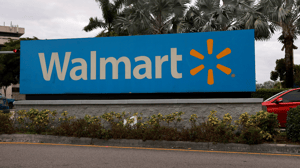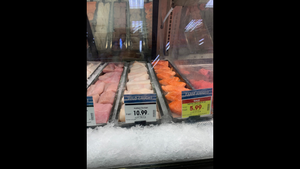Supervalu Analysts Skeptical of Plan
MINNEAPOLIS — Supervalu’s stock was down by around 50% in afternoon trading Thursday following the retailer’s announcement late Wednesday that it had engaged financial advisors to seek a potential sale of the company and that it was withdrawing sales and earnings guidance for the year to engage in a price-investment program likely to adversely impact profits.
MINNEAPOLIS — Supervalu’s stock was down by around 50% in afternoon trading Thursday following the retailer’s announcement late Wednesday that it had engaged financial advisors to seek a potential sale of the company and that it was withdrawing sales and earnings guidance for the year to engage in a price-investment program likely to adversely impact profits.
Analysts had mixed reaction to the news, expressing skepticism that its sales initiatives would improve results as quickly as management would like. The prospect of a sale in the meantime could bring value, but recent struggles at the Save-A-Lot banner indicate the company might not realize the value it may have seen had the company pursued a sale earlier, they said. Widely believed to be Supervalu’s most attractive asset, Save-A-Lot will be more difficult to sell now that identical-store sales at the division are declining, John Heinbockel, an analyst at Guggenheim Securities, said in a research note. He estimated the company could sell Save-A-Lot for more than $2 billion, based on estimated EBITDA of $275 million.
“Based on 1Q results, EBITDA appears to be running at a slightly lower annual run rate of $260 million and, with comps declining 3%, it may be difficult to get a double-digit EBITDA multiple,” he said. “Accordingly, the value may be lower than we once thought.”
Heinbockel added that he felt Supervalu was unlikely to sell its wholesale operations.
Chicago-based debt analysts Fitch Ratings, which on Thursday lowered its ratings on Supervalu, in a report said it was unlikely Supervalu could sell the entire company. “An outright sale of the business would be complicated by the weak trends within Supervalu’s core retail food segment, and its heavy debt load,” Fitch said. “However, the hard discount segment would be an attractive property to the right buyer, and the independent business is relatively stable, and could garner some interest.”
About the Author
You May Also Like








